When Apple's CEO sits down for dinner at the White House, it's rarely just about the food. Tim Cook's recent attendance at a high-profile diplomatic gathering on November 18th brings together technology leadership, international relations, and some complex ethical considerations that Apple ecosystem followers should understand. The event brought together nearly 50 American CEOs and executives to meet with President Trump and Saudi Crown Prince Mohammed bin Salman, according to Apple Gadget Hacks. This gathering marked the Crown Prince's first White House visit since journalist Jamal Khashoggi's killing in 2018, as reported by the same source. Other tech leaders, including OpenAI's President Greg Brockman, also attended this significant diplomatic event, Apple Gadget Hacks notes.
The implications for Apple users are more tangible than you might expect. These diplomatic relationships could directly influence where your iCloud data gets stored, which services become available in different regions, and how Apple balances its privacy commitments with international business opportunities. When tech CEOs gather for these high-stakes diplomatic dinners, they're essentially shaping the global infrastructure that powers your digital life.
Why tech CEOs are flocking to Saudi Arabia
The tech industry's growing interest in Saudi partnerships represents a significant shift in global business dynamics, and the financial scale involved explains why executives are paying attention. Multiple major technology executives have joined President Trump on his recent trip to Saudi Arabia, NPR reports. This participation signals a warming relationship between Big Tech companies and the oil-rich nation, according to the same NPR analysis.
The foundation for these relationships was established during a notable 2017 summit in Riyadh that captured significant media attention, Vocal Media reports. During that earlier gathering, leading U.S. technology executives worked alongside Trump and Saudi officials to establish agreements worth billions of dollars, the same source indicates. Those 2017 deals created a blueprint that current partnerships are building upon—specifically military technology agreements, energy partnerships, and strategic technology investments that form the foundation of the U.S.-Saudi relationship, according to the same analysis.
What makes this particularly relevant for Apple is how these partnerships could accelerate the company's expansion into markets where traditional Western tech companies have struggled to gain footing. Saudi Arabia represents not just a wealthy customer base, but a potential gateway to broader Middle Eastern market penetration.
The Vision 2030 opportunity that's reshaping partnerships
Saudi Arabia's ambitious modernization plan has created unprecedented opportunities for technology companies seeking global expansion. Crown Prince Mohammed bin Salman recently launched his transformative Vision 2030 initiative, Vocal Media explains. Here's what those hundreds of billions actually translate to: massive data center construction, nationwide 5G infrastructure, smart city development from the ground up, and AI-powered government services that require exactly the kind of integrated hardware and software ecosystems Apple excels at building.
Major corporations including Microsoft, Oracle, IBM, and Cisco recognized opportunities to grow within a market investing hundreds of billions in digital infrastructure, smart cities, and surveillance technology, according to the same analysis. For Apple specifically, Vision 2030's focus on digital transformation means potential contracts for everything from iPad deployments in smart classrooms to Apple Watch integration in healthcare systems to comprehensive enterprise iOS solutions for government agencies.
High-profile executives like IBM's former CEO Ginni Rometty, Microsoft's Satya Nadella, and Oracle co-CEO Safra Catz demonstrated willingness to pursue long-term growth opportunities in the Saudi market, Vocal Media notes. Their early commitment gave them competitive advantages in securing contracts, which explains why Cook might view diplomatic engagement as essential for Apple's market positioning.
The financial flows create additional complexity beyond simple vendor relationships. The kingdom's Public Investment Fund sovereign wealth fund has already invested substantially in U.S. tech companies through vehicles like SoftBank's Vision Fund, which backed companies including WeWork and Uber, the same source reports. This means Saudi Arabia functions simultaneously as customer, partner, and investor in the American tech ecosystem.
How Cook navigates complex diplomatic waters
Tim Cook's approach to working with challenging political situations demonstrates a pragmatic leadership style that prioritizes Apple's global interests while maintaining plausible brand protection. Cook has developed a working relationship with President Trump by focusing on areas where Apple's interests align with Trump's policy agenda, The Wall Street Journal reports. Their professional rapport was established through conversations at the White House in 2017, according to the same WSJ analysis.
Cook's diplomatic strategy appears to center on economic arguments rather than political positioning. By emphasizing job creation, manufacturing partnerships, and trade benefits, he's managed to maintain productive relationships across different political administrations. Cook's attendance at the recent dinner reflects his ability to navigate international partnerships that involve both ethical and strategic considerations, Apple Gadget Hacks observes.
This diplomatic engagement represents what experts describe as realpolitik in action, where business principles adapt to potential opportunities and profit considerations may override political discomfort, Vocal Media explains. The key to understanding Cook's approach is recognizing that he's prioritizing Apple's long-term global competitiveness over short-term political comfort—a strategy that allows the company to maintain market access while competitors might be frozen out due to political considerations.
What this means for Apple's global strategy
The broader implications of these high-level diplomatic engagements extend far beyond a single dinner event, creating strategic advantages that could reshape Apple's international market position. The partnerships being forged represent efforts to establish a new global framework based on data infrastructure, cloud computing, and artificial intelligence leadership, Vocal Media indicates. For Apple, this framework could mean preferred access to emerging markets where infrastructure decisions made today will determine which ecosystems dominate for decades.
This diplomatic activity marks a significant moment in Silicon Valley's globalization, facilitated by a president whom many tech leaders opposed domestically but work with pragmatically in international contexts, the same source notes. Cook's participation suggests Apple recognizes that being absent from these conversations could mean losing competitive ground to rivals who maintain better diplomatic relationships.
However, the ethical complications are real and could impact Apple's brand positioning. Concerns have emerged regarding some technology applications, particularly AI surveillance systems and smart policing technologies that have raised ethical questions about potential misuse, Vocal Media reports. Apple's challenge lies in pursuing market opportunities while avoiding partnerships that could compromise its privacy-focused brand reputation.
The strategic calculus involves balancing immediate ethical concerns against long-term competitive positioning. The partnerships also focus on military agreements, energy collaborations, and technology investments as core components of the U.S.-Saudi relationship, according to the same analysis. Apple must determine which aspects of these broader partnerships align with its business model and brand values.
The bigger picture for Apple ecosystem users
These diplomatic developments have concrete implications for how Apple ecosystem users experience technology services globally. Trump's deal-making approach has proven effective in bringing corporate leaders together around shared economic interests, Vocal Media observes. The result could be faster international expansion of Apple services, more regional data centers for improved performance, and Apple Pay partnerships that work seamlessly across Middle Eastern markets.
The tech industry's engagement with Saudi Arabia demonstrates how American technology giants approach international markets where potential profits may conflict with political principles, according to the same source. For users, this translates to practical considerations: Will Apple build data centers in regions with different privacy laws? How will content availability change across different markets? Will hardware features vary based on local regulatory requirements?
Cook's participation in these high-level discussions positions Apple to influence how technology partnerships develop in emerging markets while maintaining the company's global competitive position. Rather than simply adapting to decisions made by others, Apple can help establish the terms of engagement that protect both business interests and user experience consistency.
For Apple ecosystem users, these strategic relationships could ultimately impact everything from services availability to privacy policies as the company expands its international presence through carefully managed diplomatic channels. The practical outcomes might include expanded Apple TV+ content libraries in Middle Eastern markets, improved Siri language support for Arabic dialects, or enhanced Maps coverage for smart city projects in Saudi Arabia.
What's clear is that the intersection of technology leadership and international diplomacy will continue shaping how Apple ecosystem users experience services worldwide. The diplomatic relationships being forged today are creating the foundation for tomorrow's technology infrastructure, and Apple's participation ensures the company maintains influence over how that infrastructure develops.





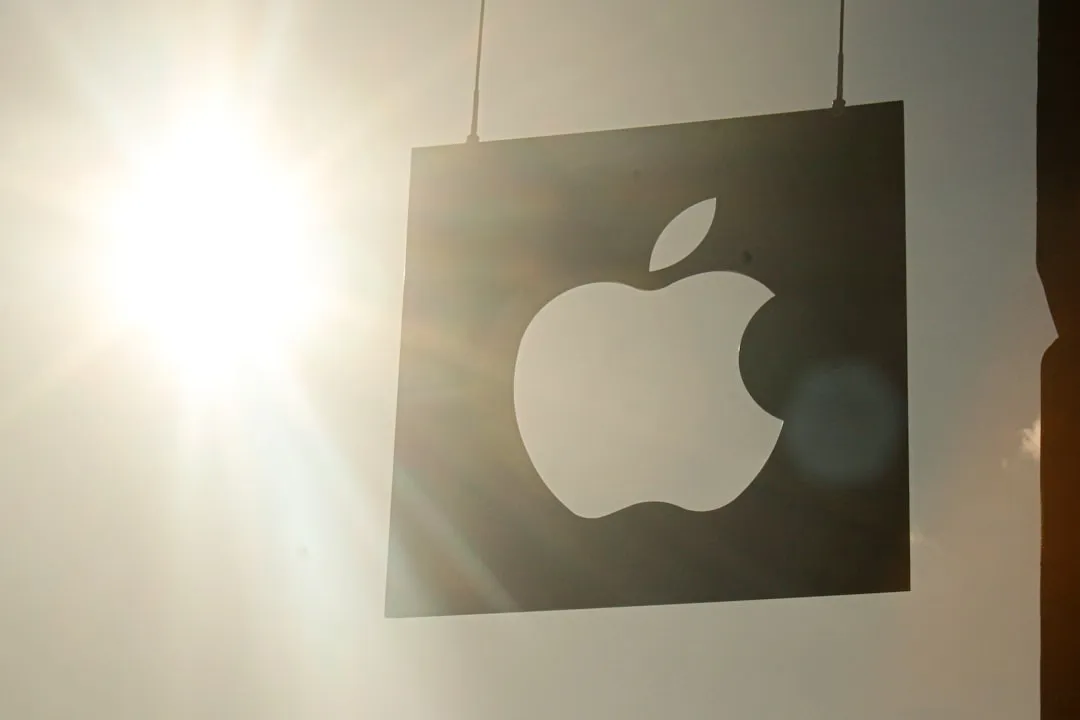
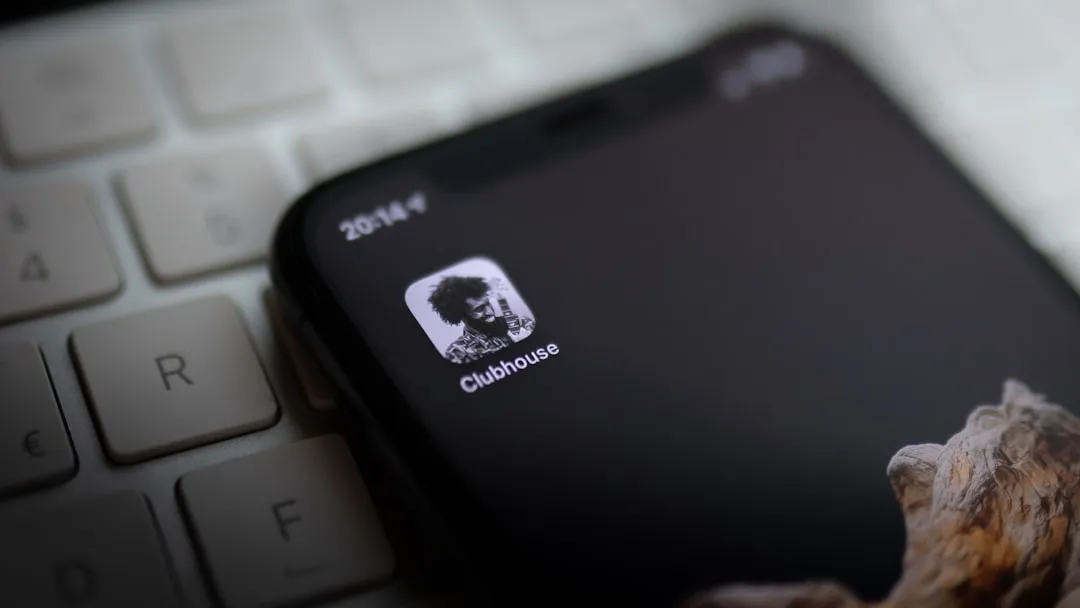


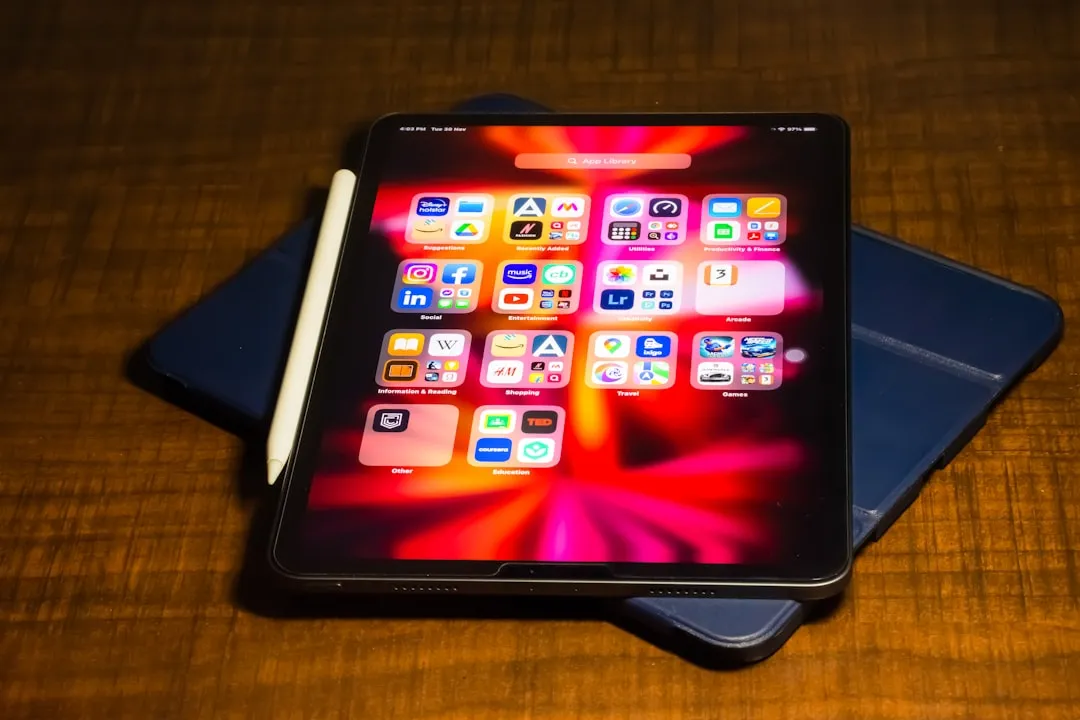

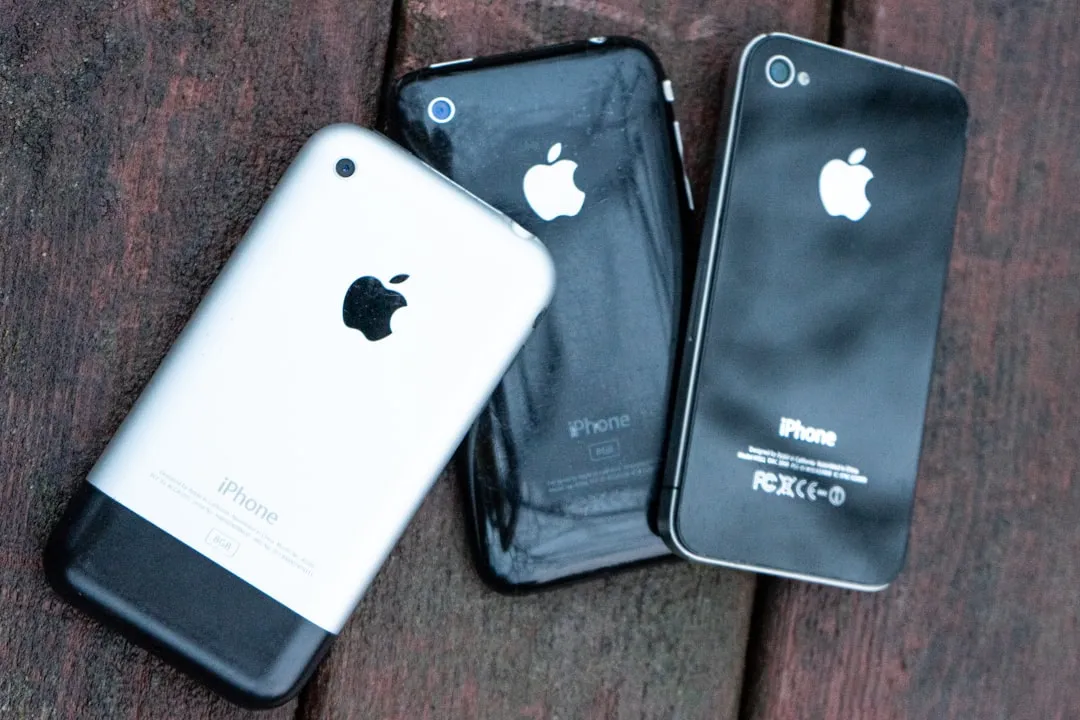
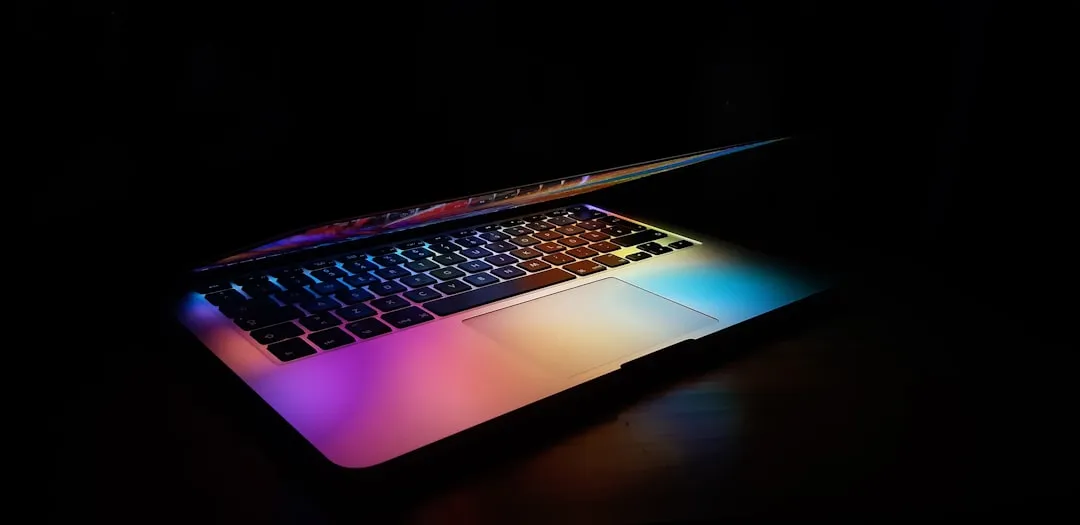
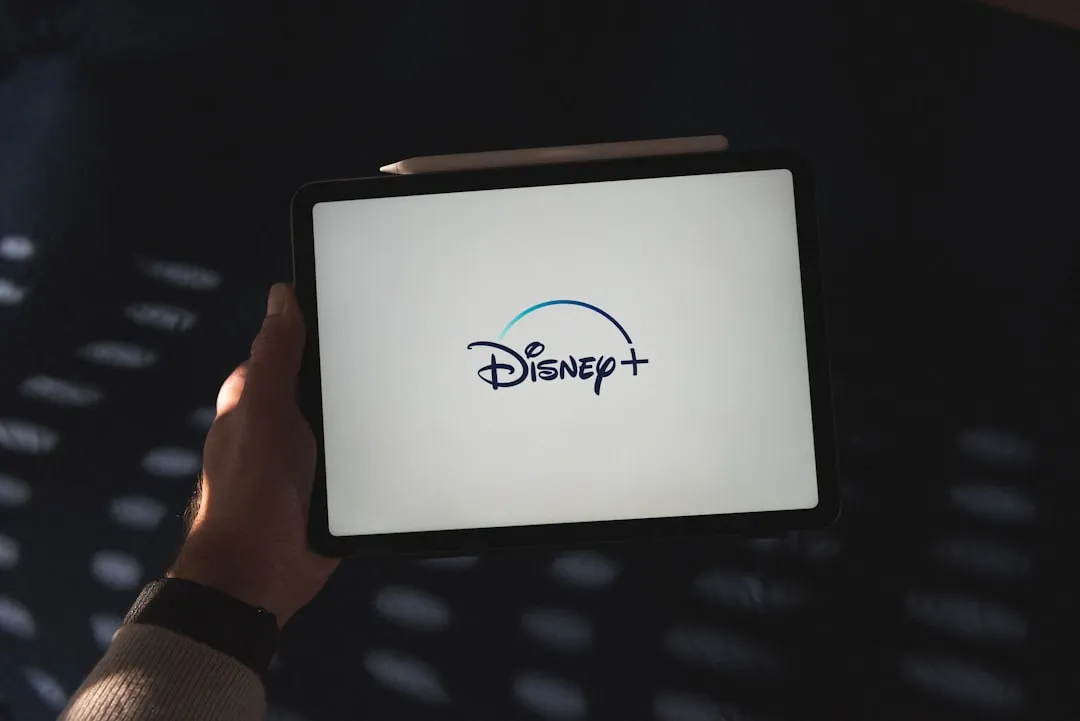
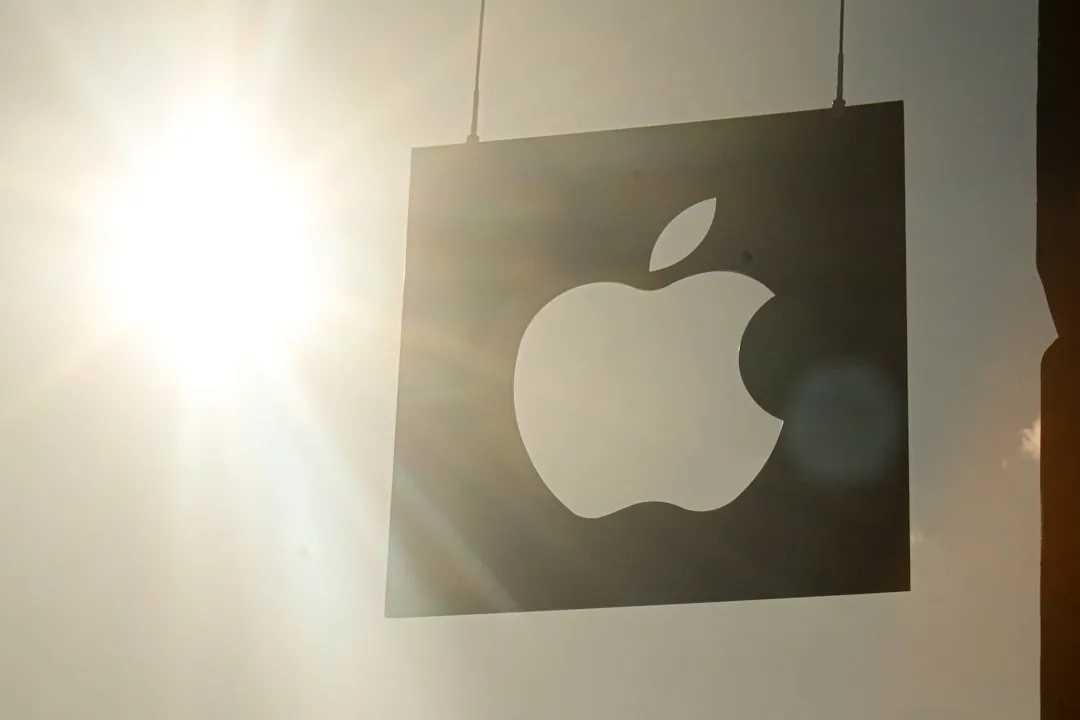
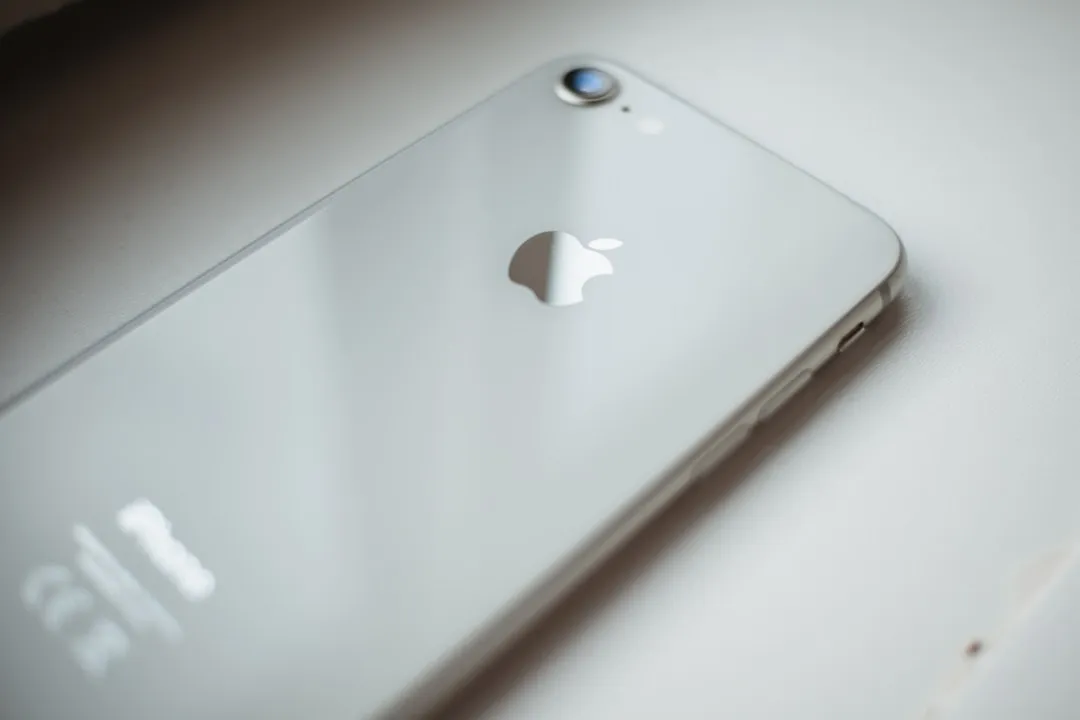
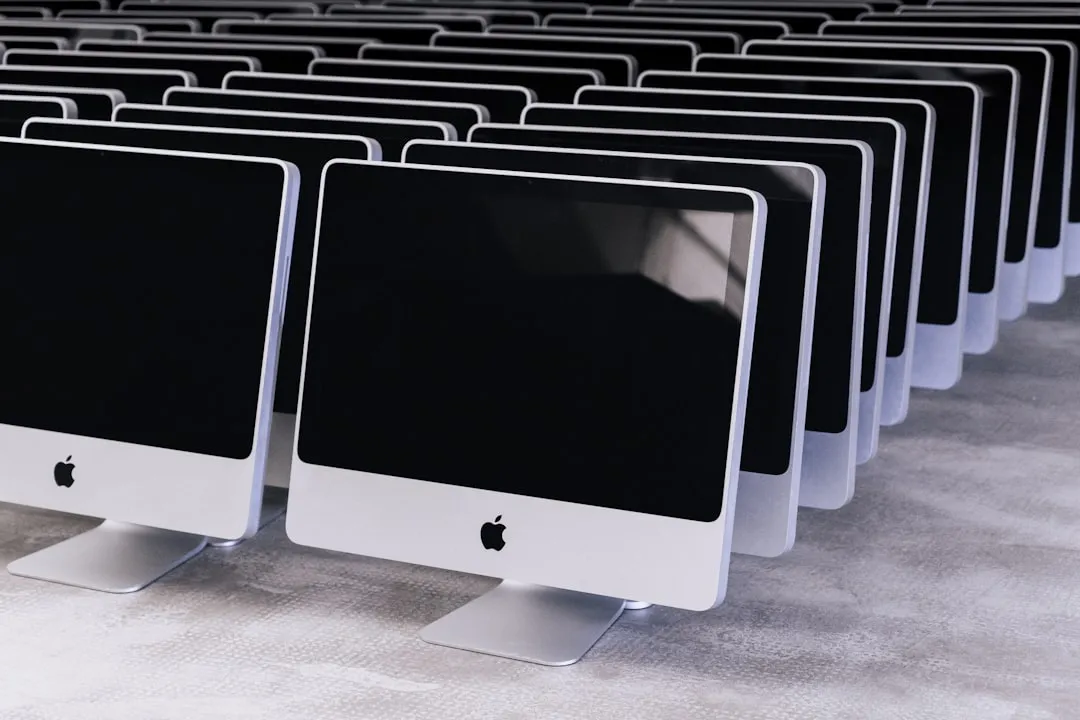
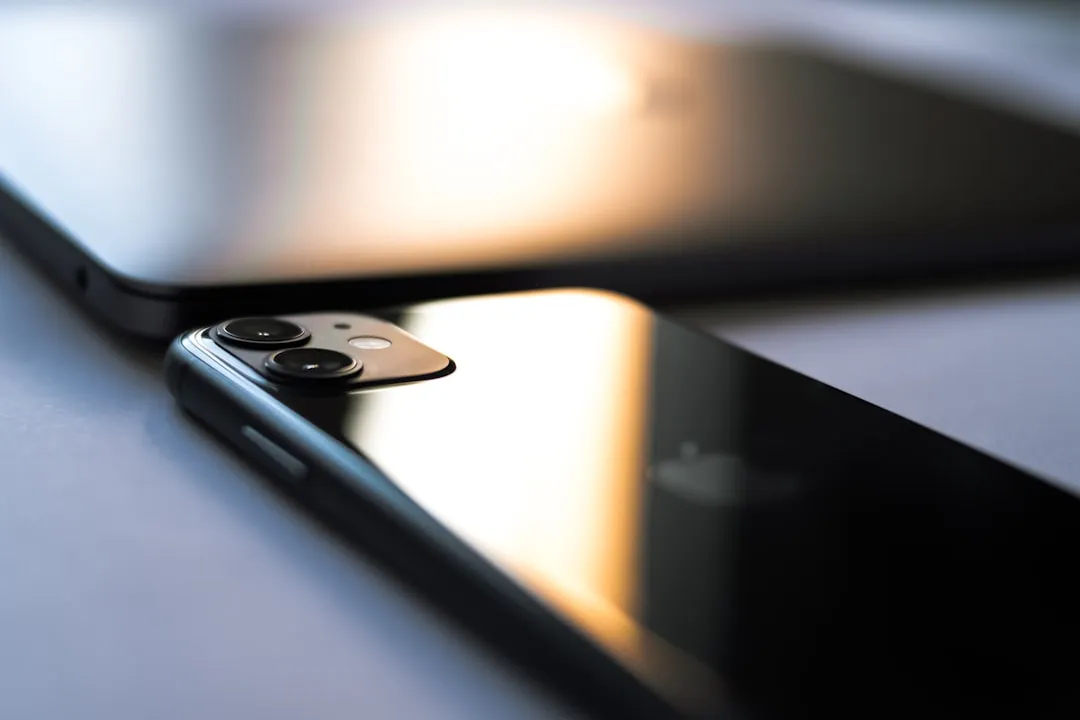
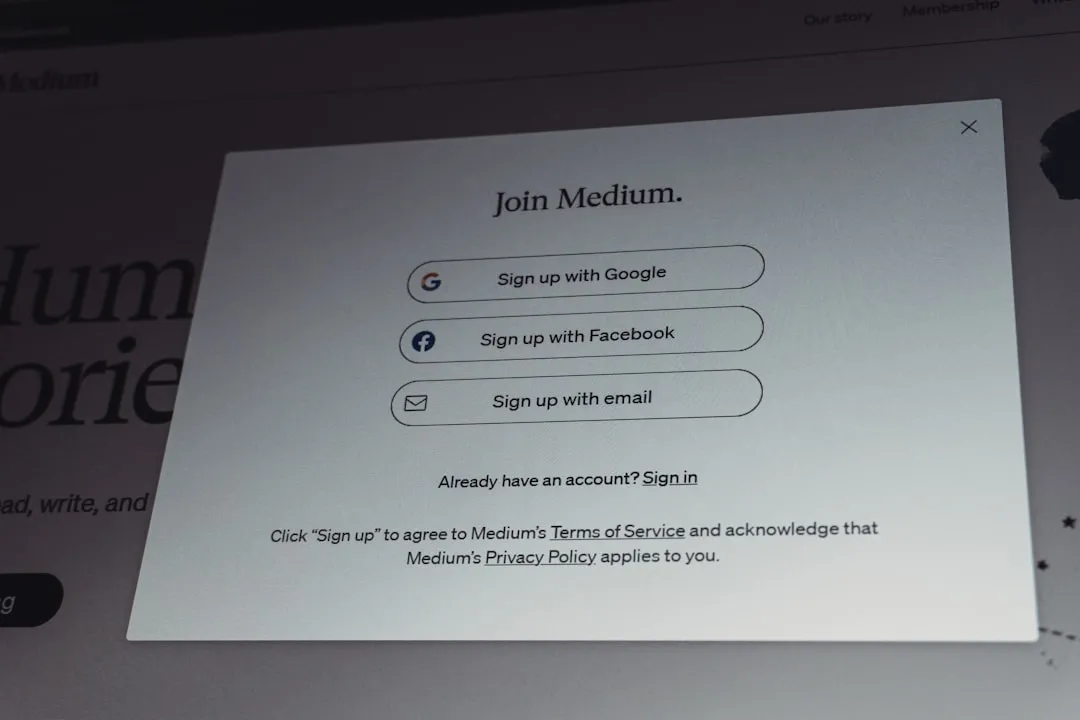
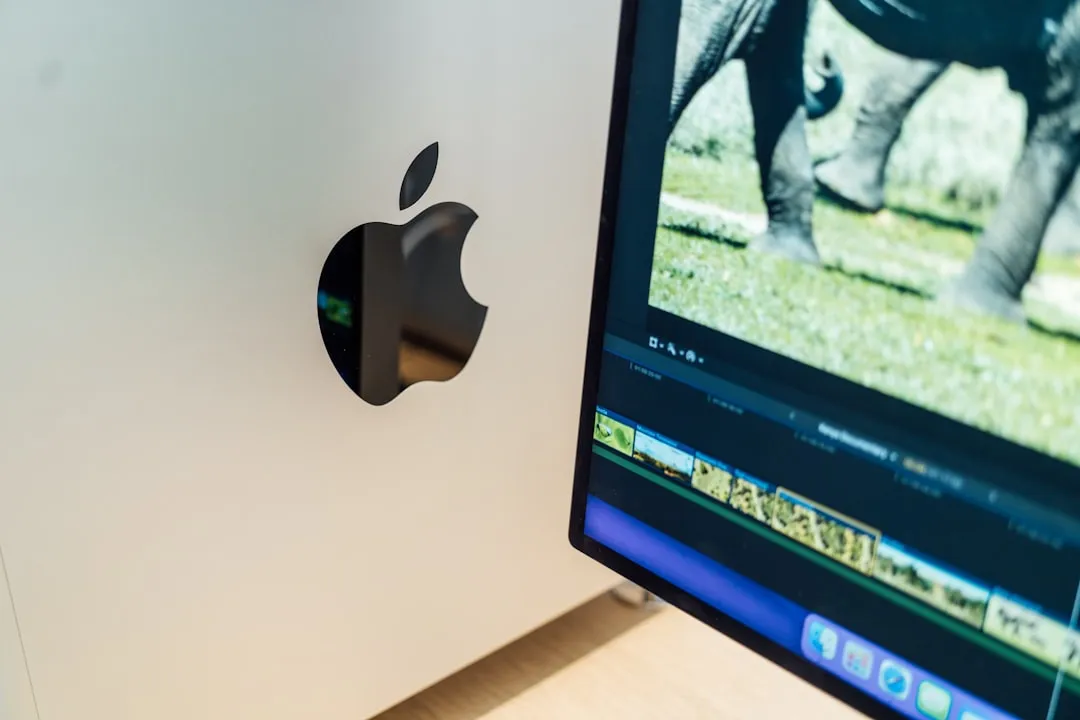
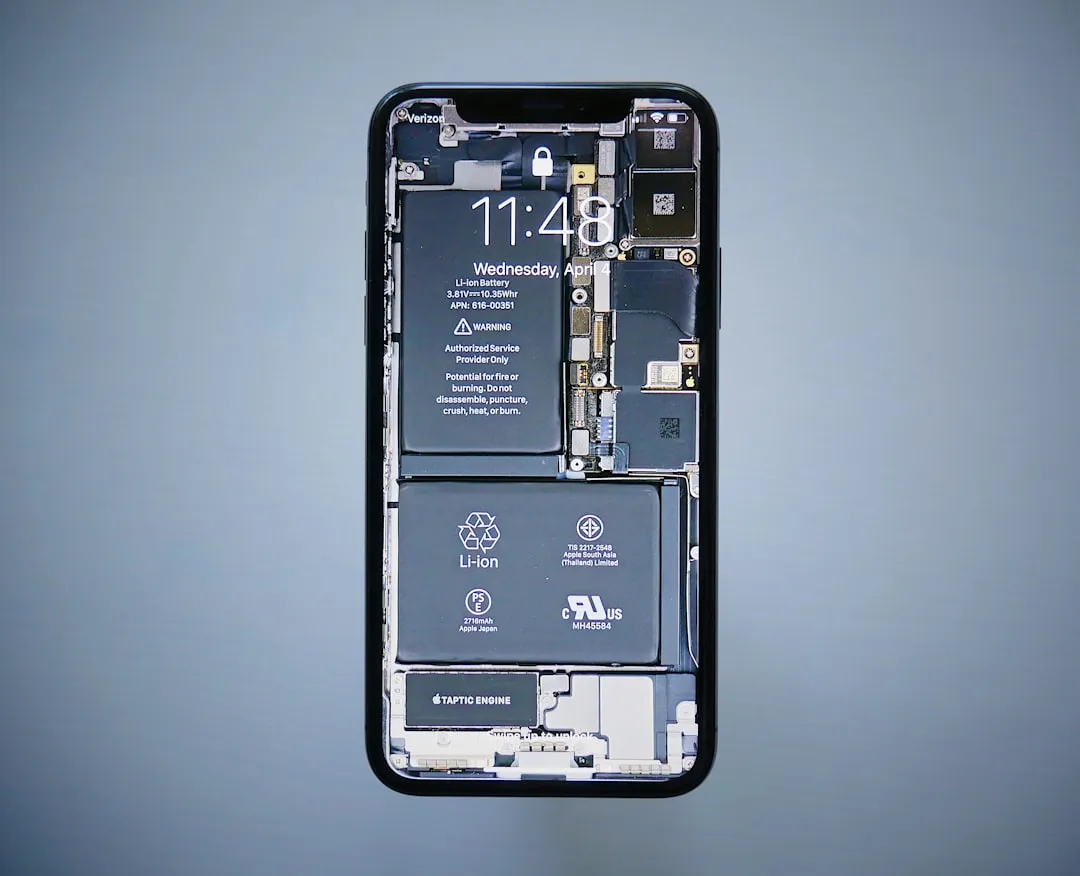

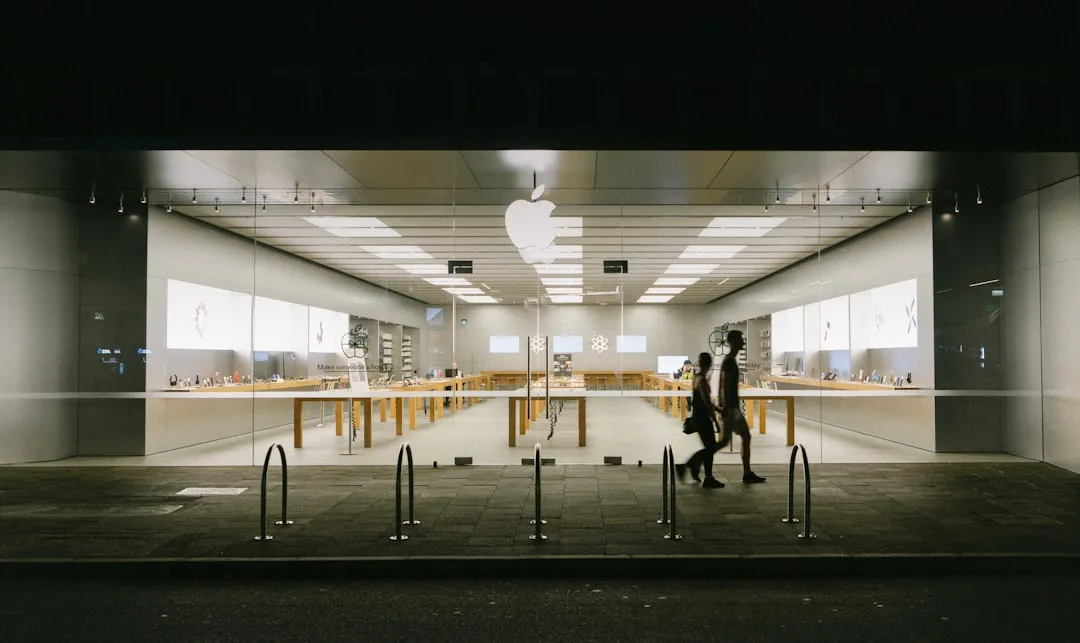
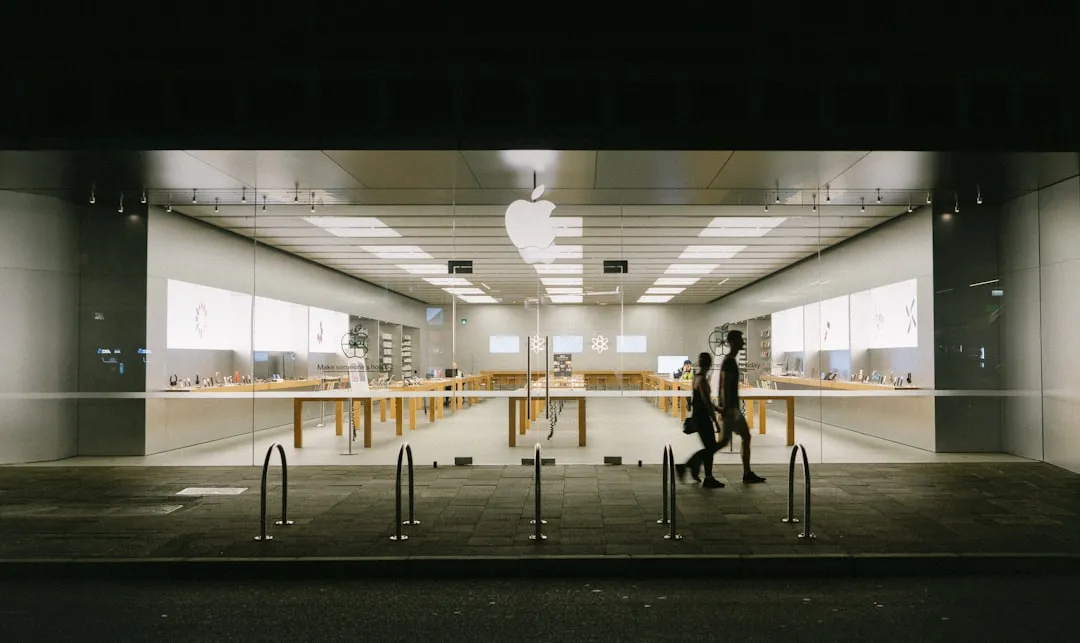

Comments
Be the first, drop a comment!